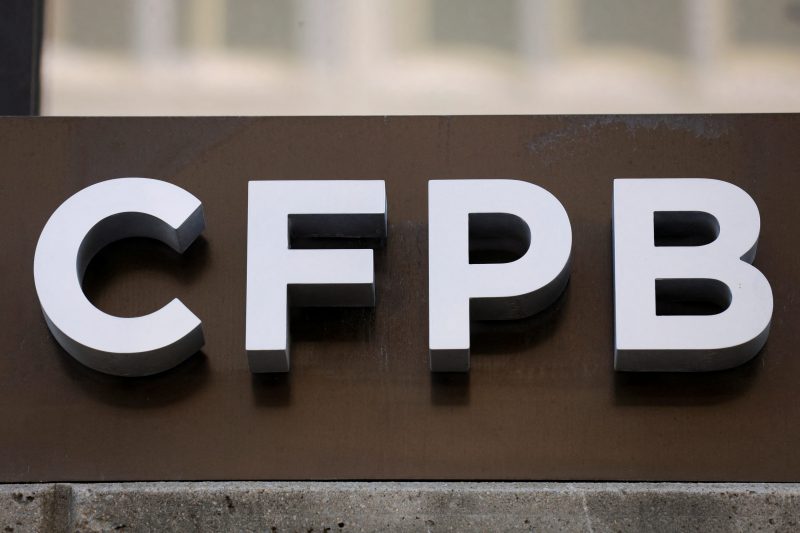More than 4 million consumers who fell victim to credit repair companies will collectively receive $1.8 billion in refunds.
This amount marks the largest consumer compensation in the history of the Consumer Financial Protection Bureau’s (CFPB) victims relief fund, which is financed by civil penalties collected from businesses that violate consumer protection laws.
According to a CFPB announcement on December 5, Lexington Law and CreditRepair.com charged illegal advance fees and lured customers with false advertising, deceiving 4.3 million consumers.
A court ruling in August 2022 found that these companies violated a law requiring fees to be collected only a six month after successfully improving a customer’s credit. Following this ruling, the CFPB ordered restitution based on the court’s findings. The companies subsequently filed for Chapter 11 bankruptcy protection and have largely ceased operations.

CFPB Director Rohit Chopra stated, “Lexington Law and CreditRepair.com exploited vulnerable consumers who were trying to rebuild their credit, charging them illegal junk fees for results they hadn’t delivered. This historic distribution of $1.8 billion demonstrates the CFPB’s commitment to making consumers whole, even when the companies that harm them shut down or declare bankruptcy.”
The refund checks will be mailed to eligible consumers between December and January. Recipients are not required to take any action to receive their checks. Those who do not receive a check by mid-January may contact the designated website (CFPB-lexlaw.org) for assistance.
The CFPB noted that the payment amounts would depend on the proportion of fees each consumer paid to the companies. While the refund may not fully cover the damages, the average compensation is estimated at $419 per individual.
The agency also indicated that if funds remain after the initial distribution, additional payments might be made. Consumers are not required to take any extra steps to receive such payments.
The refund checks are considered reimbursements for fees paid to the credit repair companies and are unlikely to be classified as taxable income. However, the CFPB advises consumers with tax-related questions to consult a tax professional.
Since its establishment in 2011, the CFPB has provided over $3.3 billion in restitution to consumers harmed by financial institutions. Meanwhile, some Republican lawmakers have criticized the bureau for its extensive authority and called for its dissolution.
Elon Musk, CEO of Tesla and soon-to-be head of the Department of Government Efficiency (DOGE), also echoed these sentiments, stating that “there are too many redundant regulatory agencies,” and advocating for the CFPB’s abolition.
BY WONHEE CHO [cho.wonhee@koreadaily.com]


![Hangar images indicate North Korean advances in military drone domain Satellite photos taken on March 28, included in Beyond Parallel's report on North Korea, shows what appears to be seven new drone hangars at the Banghyon Air Base. [SCREEN CATPURE]](https://www.koreadailyus.com/wp-content/uploads/2025/04/0402-Hangar-100x70.jpg)

![Deeper-I, Efinix sign deal to develop world’s first AI-FPGA single-chip solution Ikuo Nakanishi, left, vice president of sales at Efinix and Lee Sanghun, right, CEO of Deep-I pose for a photo after signing MOU on March 26. [Provided by Deeper-I]](https://www.koreadailyus.com/wp-content/uploads/2025/04/0401-DeeperI-100x70.png)